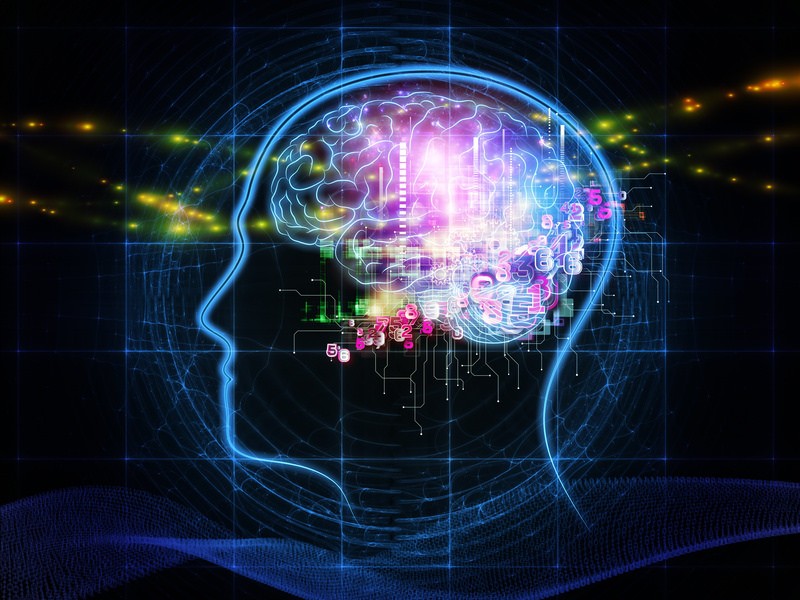Cerebrovascular accidents (CVAs) occupy many researchers around the world. In Toulouse, the CHU is looking for volunteers to be paid to participate in a study on motor recovery after a stroke.
According to a press release, the Toulouse Neuro Imaging Center (ToNIC) of Inserm is working on various studies on strokes. In collaboration with the Rangueil Hospital (CHU) in Toulouse, the scientists are looking for people who are willing and in good health. The study in question concerns motor recovery following stroke.
This is about comparing stroke subjects to healthy volunteers . The goal? Have a better knowledge of the influence of antispastic treatments on motor recovery. Ultimately, it is a question of improving the management of patients who have had a stroke. To participate, simply send an e-mail to the following address:[email protected].
However, there are some conditions required to participate in this paid study up to 100 euros. Volunteers must be men or women between the ages of 45 and 77 and having never had a stroke or other neurological history. Participation in the study involves a single visit lasting 2.5 hours. This includes a medical examination and a brain imaging examination by MRI. The publication also specifies that being claustrophobic is incompatible with the MRI examination.

The ToNIC Lab post also details other calls for volunteers for further studies. Indeed, one of these studies, called ULAF-BoT Stroke, underway since January 2020, also concerns strokes. The aim is to study the effect of botulinum toxin on the facilitation of movements of the upper limb in patients with motor deficit after stroke.
Stroke research comes regularly in the news . In 2018, British researchers estimated that people who have had a stroke are about twice as likely to develop dementia. In 2017, Australian researchers demonstrated the importance of a protein found in the deadly venom of a spider. This could protect the brain from neuronal damage caused by a stroke. In 2016, a Spanish university initiated a rehabilitation program for stroke victims based on virtual reality.
Source
Related Articles: